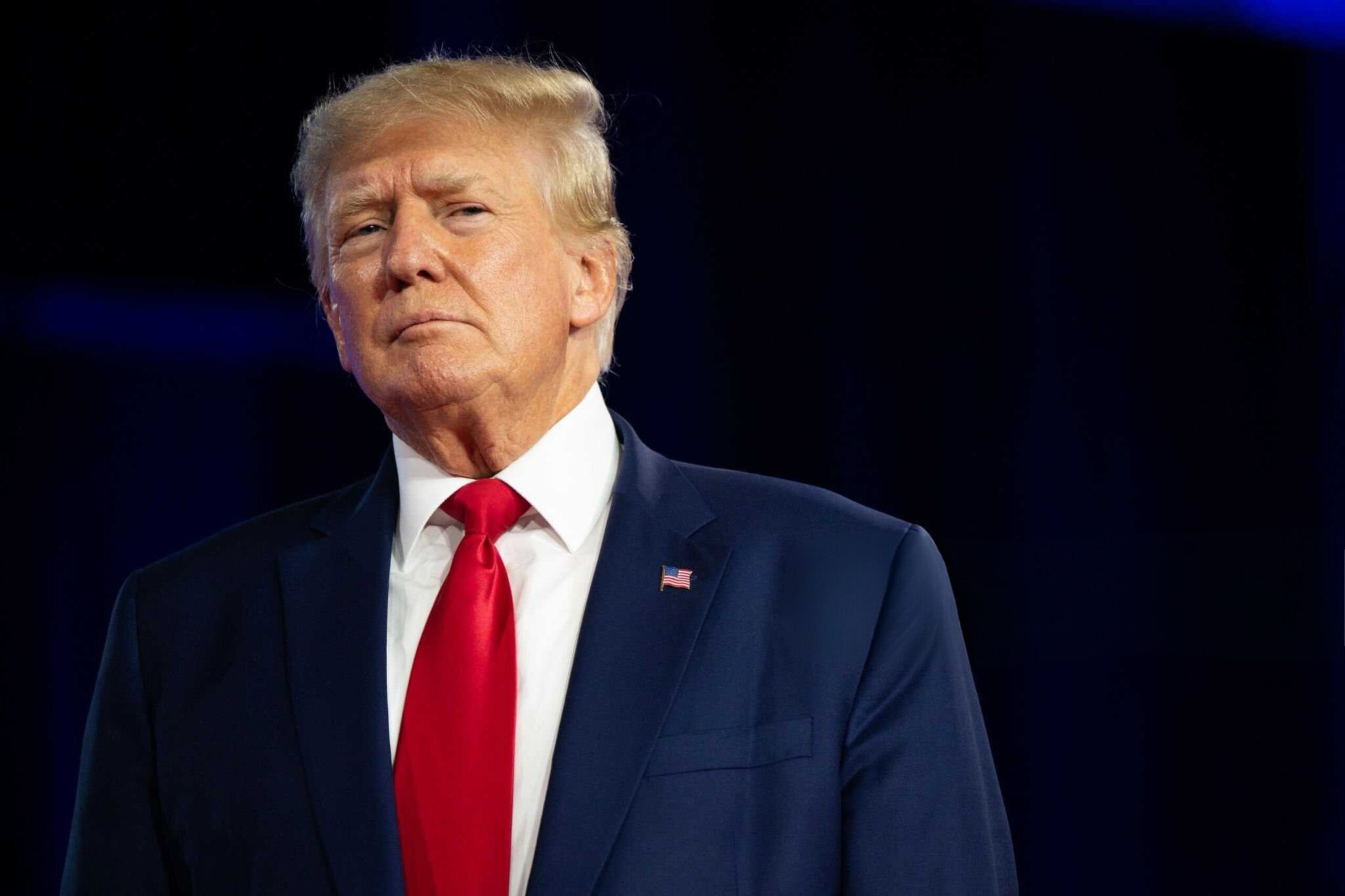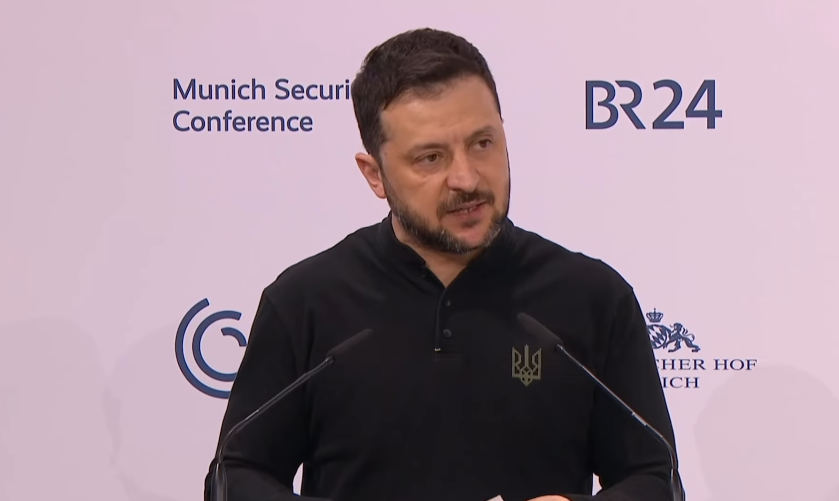SAN JOSE, California – (Reuters) – The U.S. Federal Trade Commission’s antitrust case accusing Qualcomm Inc (QCOM.O) of abusing a monopoly on mobile chip technology kicked off in a California courtroom on Friday in a trial whose outcome could have a major impact on the smartphone industry.
FILE PHOTO: A sign on the Qualcomm campus is seen in San Diego, California, U.S. November 6, 2017. REUTERS/Mike Blake
If the government prevails in the 10-day, non-jury trial before U.S. District Judge Lucy Koh, in San Jose, California, Qualcomm could be forced to change its practices for licensing a trove of patents to manufacturers like iPhone maker Apple Inc (AAPL.O).
Apple will be closely watching the FTC case, as it has its own pending lawsuit making similar claims against Qualcomm.
The outcome of the case will have a major impact on any settlement discussions between Apple and Qualcomm, Canaccord Genuity analyst T. Michael Walkley said in a research note.
Though well-known as a maker of smartphone chips, Qualcomm derives more of its profits licensing patents to other companies.
The FTC’s 2017 lawsuit alleged San Diego-based Qualcomm maintains an anticompetitive “no license, no chips” policy under which it only supplied processors to phone manufacturers if they agree to inflated patent licensing terms.
“Qualcomm says you will pay our rates if you want our chips,” Jennifer Milici, an attorney for the Federal Trade Commission, said during opening arguments. “The only way to arrive at a market rate [for Qualcomm’s patents] is to negotiate without that threat.”
The agency also said Qualcomm pushed Apple into an anticompetitive deal in which the iPhone maker received financial rebates in exchange for only buying Qualcomm’s chips, undermining competition from Intel Corp (INTC.O).
Qualcomm has argued it achieved market dominance through technical leadership, and that its patent licensing rates were reasonable in light of its groundbreaking research and development.
The FTC “seeks to enjoin legitimate, procompetitive business practices that facilitated the growth of a phenomenally successful industry that bears all the hallmarks of healthy and vigorous competition,” Qualcomm said in a Dec. 31 court filing.
Qualcomm’s business practices have also been investigated by regulators in South Korea, China, Taiwan, and Europe. Qualcomm has accused Apple of driving those regulatory actions.
European antitrust officials hit Qualcomm with a 997 million euro ($1.14 billion) fine in January 2018, saying the firm unlawfully paid billions of dollars to Apple so it would not buy from rivals. Qualcomm has appealed the determination.
Apple and Qualcomm are also locked in a global legal dispute. After Apple brought its antitrust case, Qualcomm responded by accusing Apple of using patented technology without authorization.
In December, Qualcomm won rulings limiting iPhone sales in Germany and China.
Reporting by Jan Wolfe; Editing by Leslie Adler and Nick Zieminski






Leave a Reply